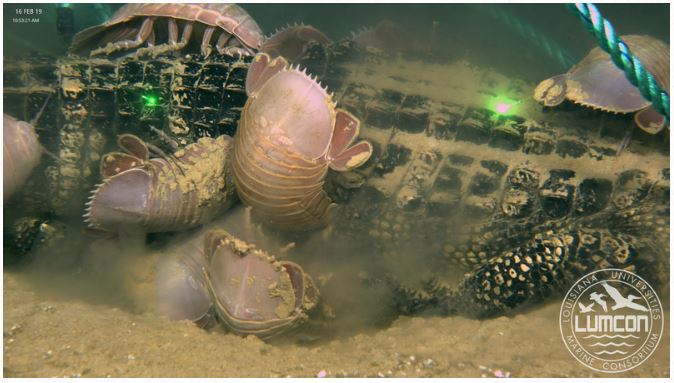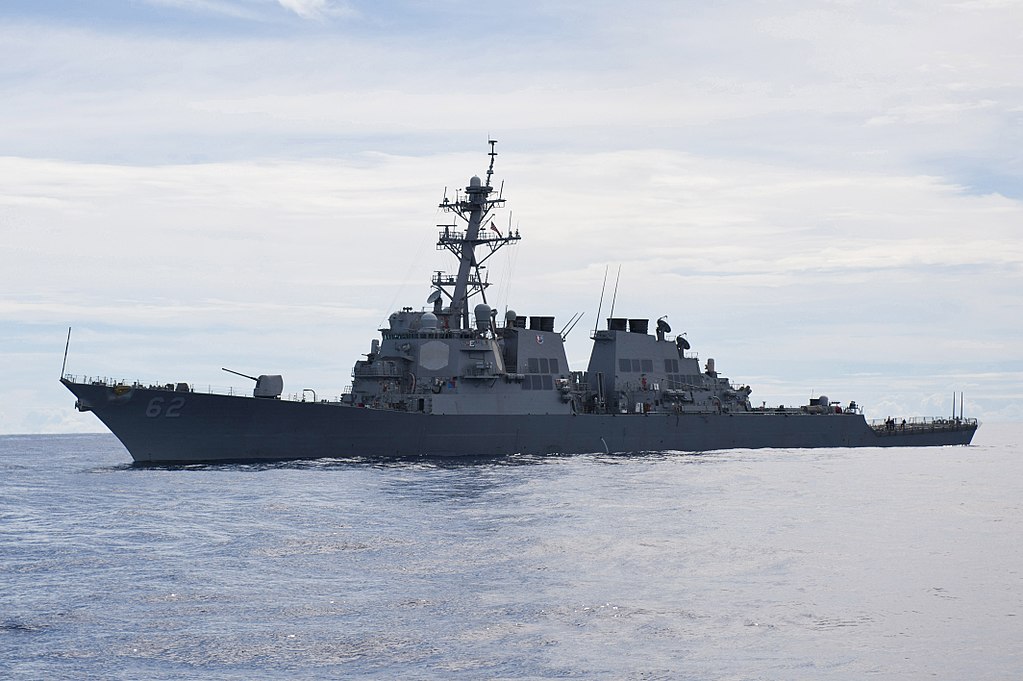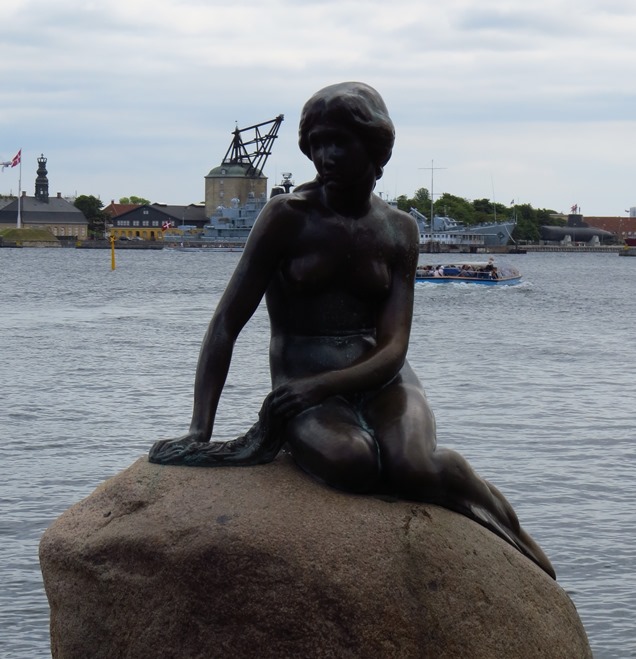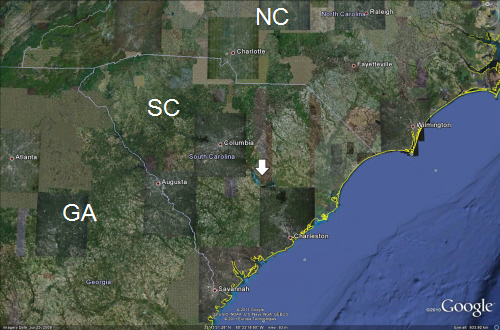
Foghorn (A Call to Action!)
- Shameless plug for my Patreon! This month, subscribers who sign up for the Ocean Pun Sticker reward will get this glorious squat lobster in high quality vinyl. Suitable for dive gear, laptops, field equipment, or anywhere luxuriously goofy stickers are displayed.

Flotsam (what we’re obsessed with right now)
- Gator falls!





